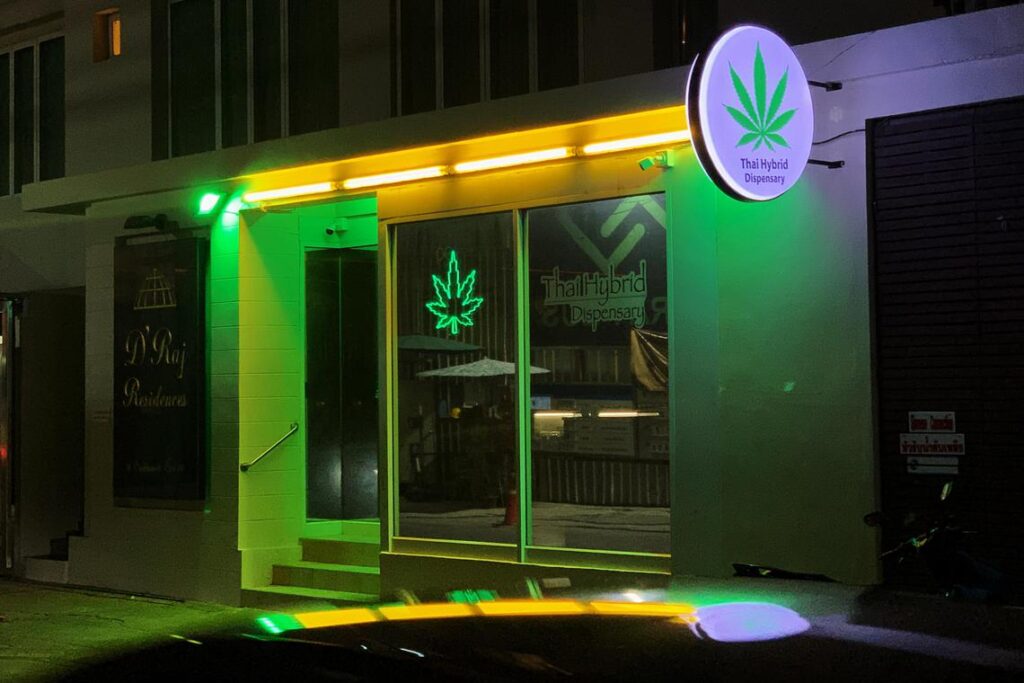Thailand’s New Cannabis Legislation: A Shift Towards Tighter Control
BANGKOK – In a significant policy shift, Thailand’s new government is revising its approach to the cannabis industry. Following a wave of decriminalization that saw the nation become the first in Asia to do so, leaders are now focused on tightening regulations to prevent potential misuse of the substance.
A Revised Draft Bill Under Consideration
The government is working on a new draft of the cannabis Bill, initially stalled in parliament prior to the May elections. Health Minister Cholnan Srikaew has expressed concerns about the implications of widespread cannabis use, stating that preventing addiction takes precedence over potential economic benefits.
> “Between economic and health benefits, we put health first,” remarked Minister Srikaew during a recent announcement.
Key revisions to the draft Bill include:
– **Tighter regulations** aimed at closing loopholes that currently permit recreational use.
– **New cultivation protocols** to oversee the growth of cannabis plants.
– **Criminal penalties** for violations of the new regulations.
It is anticipated that this revised Bill will seek Cabinet approval by December.
Background and Government Stance
The push for stricter regulations comes in the wake of Prime Minister Srettha Thavisin’s commitments to limit cannabis usage, emphasizing its medical applications over recreational use. Since the declassification of marijuana as a narcotic in June 2022, the country has experienced an explosion in cannabis-related businesses, with over 6,000 dispensaries now operating.
Many of these dispensaries offer various cannabis products, including:
– Cannabis buds
– Oil extracts with less than 0.2% THC (tetrahydrocannabinol), the component responsible for psychoactive effects.
Despite Mr. Srettha’s Pheu Thai Party advocating for stringent anti-drug measures before the May elections—including potentially reclassifying cannabis as a narcotic—the current coalition with the Bhumjaithai Party complicates this narrative. The Bhumjaithai Party, led by Deputy Prime Minister Anutin Charnvirakul, has strongly favored the decriminalization of cannabis.
Prospects for Future Regulations
Although the government has acknowledged the need for revised regulations, Minister Cholnan has not explicitly stated whether a complete ban on recreational cannabis use will be pursued. The draft is expected to undergo further revisions, gathering feedback from stakeholders before the final version is set for discussion in December.
For those interested in the evolving landscape of cannabis legislation in Thailand, more information can be found through [external sources](https://www.straitstimes.com/asia/thai-lawmakers-plan-fresh-push-to-tighten-use-of-cannabis). As the situation develops, it remains to be seen how these changes will impact both public health and the burgeoning cannabis industry.
Stay Informed
Join our community on [Telegram](https://t.me/TheStraitsTimes) for the latest updates on breaking news and developments in cannabis legislation and beyond.


